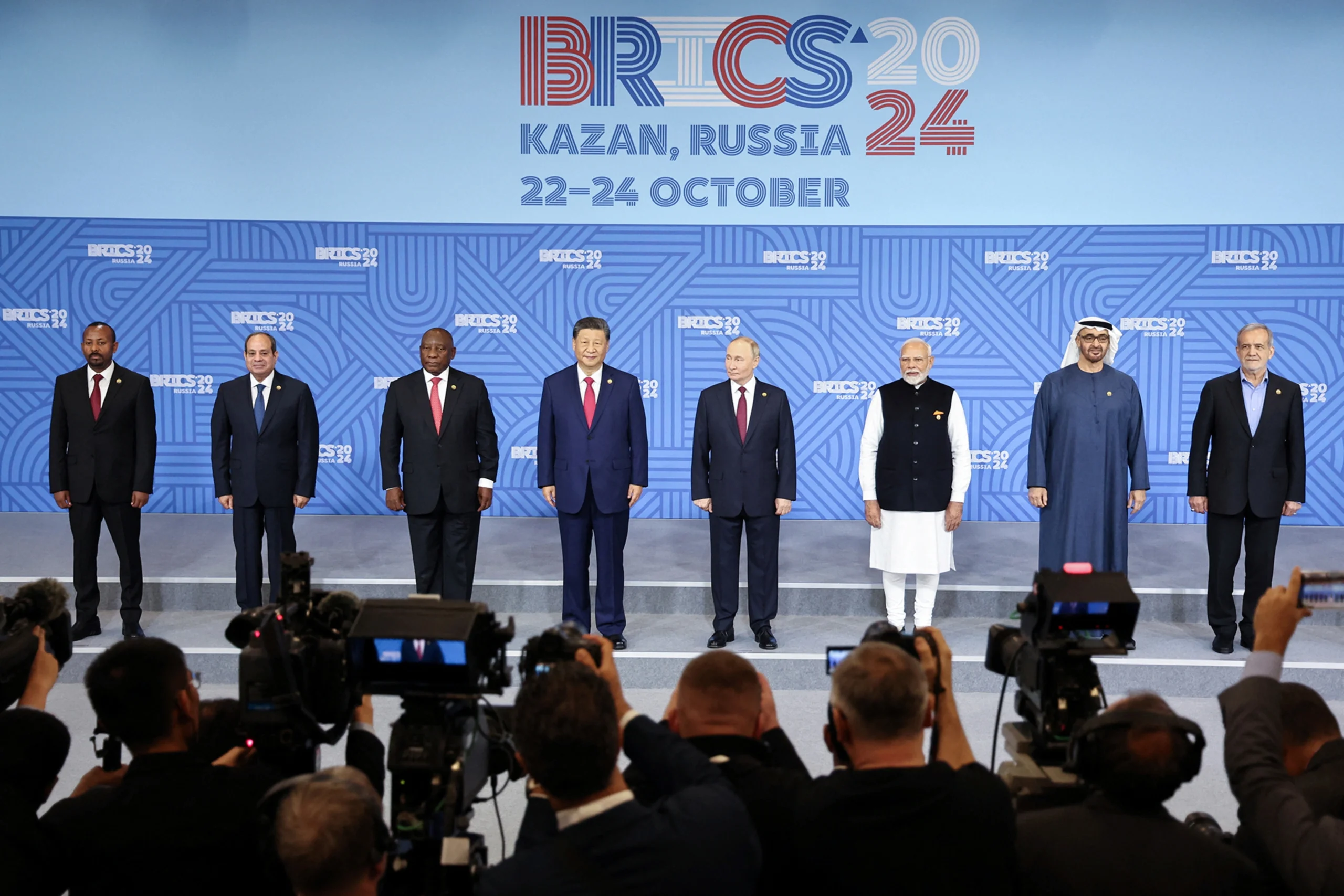BRICS has evolved from an informal alliance of emerging economies into a market force with global reach. With its expansion to eleven members, including Egypt, Ethiopia, Saudi Arabia, the UAE, and Iran, the bloc now represents over a quarter of global GDP and nearly half the world’s population. For African markets, this shift carries weighty implications for trade, finance, and investment.
The original BRICS vision, countering Western dominance in financial institutions like the IMF and World Bank, has sharpened into practical initiatives. The New Development Bank (NDB), for instance, is increasingly positioned as an alternative lender for infrastructure and climate financing, with promises of faster approvals and fewer conditionalities. For African economies seeking capital beyond Bretton Woods institutions, this could reshape funding options for energy, transport, and agriculture.
Ethiopia and Egypt’s membership ensures Africa a stronger voice in the bloc, while Gulf economies such as Saudi Arabia and the UAE bring capital and energy links that could accelerate cross-border investments. Yet these opportunities exist alongside risks: currency volatility, policy misalignment, and the bloc’s internal divisions, particularly between China and India, or Saudi Arabia and Iran, could dilute the benefits for African partners.
For businesses and investors, the real story lies in how BRICS ambitions intersect with markets. De-dollarization efforts may affect currency strategies, while increased South-South trade could create new demand for African commodities, manufactured goods, and digital services. Meanwhile, capital from the NDB and Gulf members may open fresh opportunities in infrastructure, fintech, and renewable energy.
As the bloc convenes its 2025 summit in Rio de Janeiro, Africa’s challenge will be to convert representation into leverage: ensuring that membership translates into better market access, diversified capital flows, and stronger positioning in global supply chains.
BRICS’ expansion may not yet signal a new world order, but for African markets, it is already shaping the investment map.








